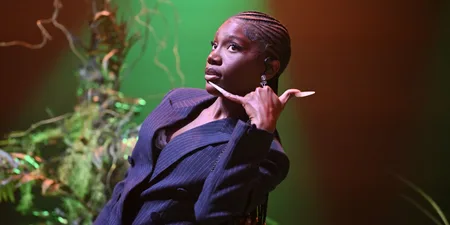Grime music has suffered from prejudice since its inception
Members of parliament have said in a government report that prejudiced attitudes towards ‘urban’ music acts has ‘stifled’ the progress of grime music.
Despite the recent mainstream success of grime artists such as Stormzy, Skepta and before them, Dizzee Rascal and Wiley, grime gigs are often cancelled at short notice by venues who fear losing their licence.
“Prejudices against grime artists risks stifling one of the UK’s most exciting musical exports,” MPs said in a report conducted by the Digital, Culture, Media and Sport (DCMS) committee.
The DCMS conducted an extensive investigation into the UK’s live music scene by the, speaking to 11 MPs from the Conservatives, Labour and the SNP.
The MPs involved have called on the government to produce a new set of guidelines for police and local authorities to abide by that will “ensure that urban music acts are not unfairly targeted”.
The committee were told that “institutionalised racism” among local councils and licensees “is hindering that scene rather than allowing it to flourish”.
Grime MC ShaoDow was invited to speak to the DCMS as part of the investigation to discuss his experiences. He explained that he had faced problems when trying to put shows on in London.
“I had a venue cancel on me on the day that I was meant to go there,” he said.
“I was booked for a performance in a club and called them ahead of time to say, ‘I am on my way’, and they said, ‘Oh, by the way, we were just listening to your music. You make hip-hop’.
“I said, ‘Yes’, and he said, ‘Oh, we cannot do that here, we will lose our licence’.”
UK Music, which represents the industry, welcomed the DCMS committee’s call to action, saying: “We must root out discrimination wherever we find it”.
The report also found that live gigs and festivals accounted for almost one quarter of its £4.5bn contribution to the UK economy. Performing artists are also heavily reliant on on live gigs to earn an income, as they make up on average 49% of musicians’ income, compared to just 3% from recording.










































